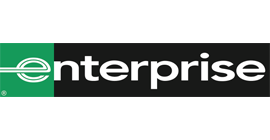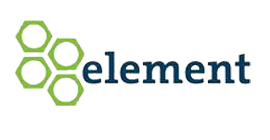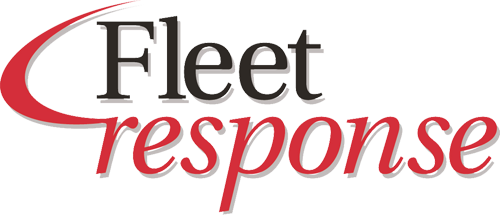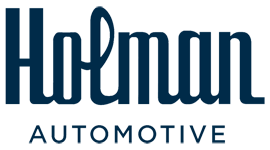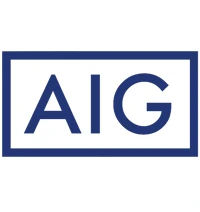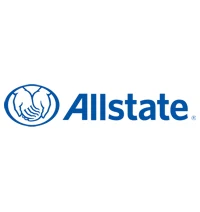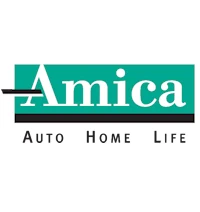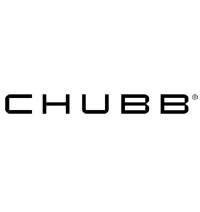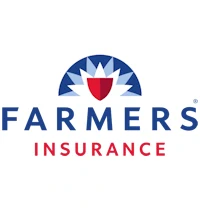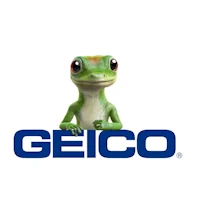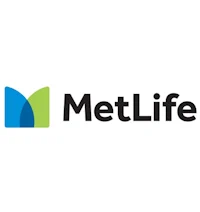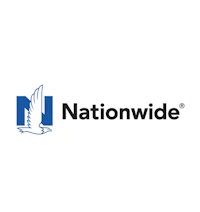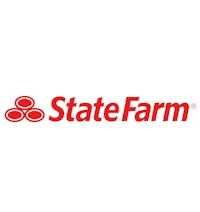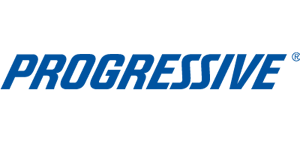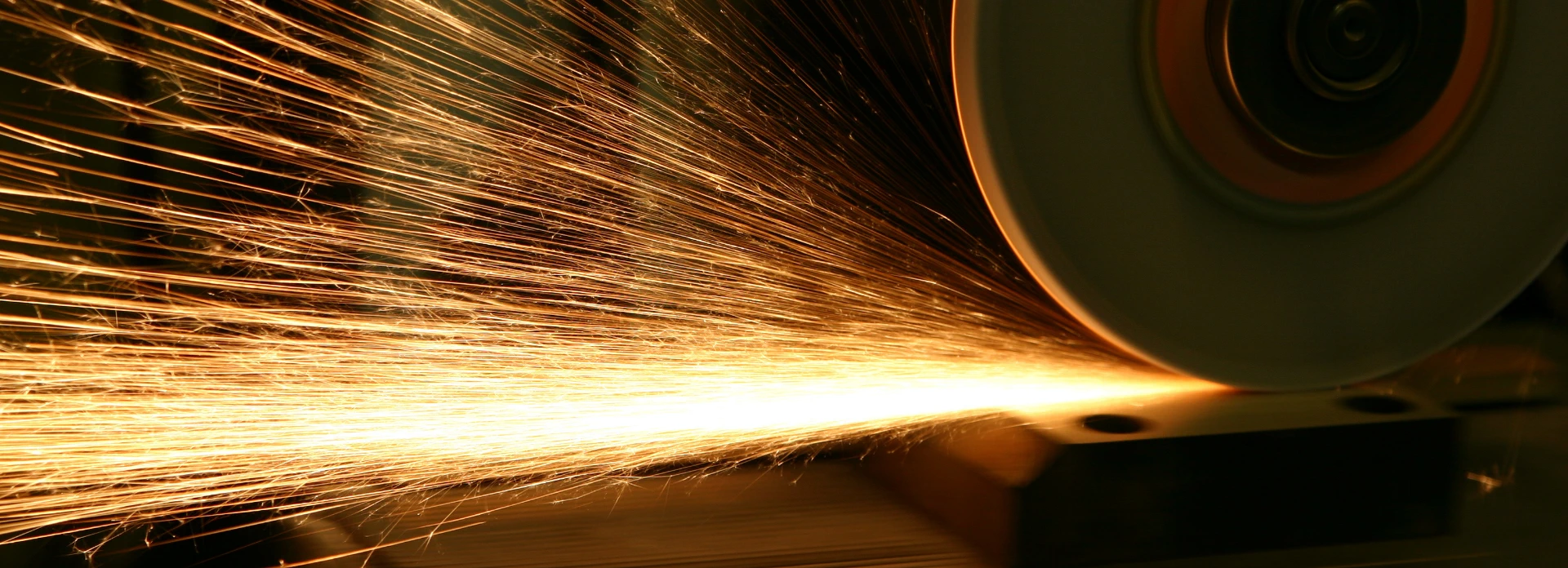
Auto Repair Tips & Guidance
Auto repair questions? Frontier Collision of Bayport has the answers
.You asked for auto repair solutions you can trust delivered at your convenience and we heard you. At Frontier Collision of Bayport in Bayport because we don't just promise excellent customer service we deliver it, we created a straightforward blog, updated monthly, with quick auto maintenance tips, suggestions for better fuel efficiency and time saving auto repair ideas.
Do you have more questions? Ask one of our highly trained technicians by calling 631-573-6500 or stopping by our service center at 885 Sylvan Ave, Bayport, NY 11705.
What to Do After an Accident: Your Step-by-Step Guide from a Collision Repair Expert
2025-07-29
Accidents are never planned, and the aftermath can be overwhelming. At our collision repair center, we help clients through the process every day. Here's what you should do immediately after a crash and how to get your car professionally repaired:
1. Ensure Safety First
- Check yourself and passengers for injuries.
- Move your vehicle to a safe area if you can do so safely, and turn on hazard lights.
- Call 911 if anyone is hurt or if there is significant property damage.
2. Contact Authorities
- Call the police to document the accident. A police report is usually necessary for insurance and repair claims.
- Request a copy of the police report for your records.
3. Collect and Document Information
- Exchange names, insurance, and contact information with all parties involved.
- Take photos of vehicle damage, the scene, vehicle positions, and any relevant road or weather conditions.
- Gather witness information if available.
4. Notify Your Insurance Company
- Report the accident to your insurer as soon as possible.
- Provide all documentation and photos you've collected.
- Ask about coverage for towing, rental cars, and repairs.
5. Schedule a Collision Repair Assessment
- Book an appointment with a reputable collision repair shop-your insurance may recommend options, but you have the right to choose your shop.
- Certified shops will assess your vehicle, create a detailed repair estimate, and may coordinate directly with your insurance company for claim approval.
- Make sure to ask about OEM parts, digital repair tracking, and warranties on the work performed.
6. Understand the Repair Process
- The shop will thoroughly inspect your vehicle for visible and hidden damage.
- Repairs may involve disassembly, structural/frame work, parts replacement, and expert paint matching.
- After repairs, your vehicle will undergo a full safety and quality check before you pick it up.
7. Review Your Repair Warranty
- Trustworthy repair centers offer warranties on workmanship and parts. Keep your documentation for future reference.
Accident Preparedness Tips
- Always keep your registration, insurance, and emergency kit in your vehicle.
- Familiarize yourself with your insurance policy and your right to select a repair shop.
If you're ever in an accident, don't hesitate to contact us. Our certified technicians and caring staff are here to help restore your vehicle and your peace of mind every step of the way.
When do I pay my deductible?
2025-07-09
You typically pay your auto insurance deductible directly to the body or collision repair shop when you pick up your repaired vehicle, after the repairs are complete and once you are satisfied with the work.
Key Points About Deductible Payment
- Timing: The deductible is generally due at the end of the repair process, not upfront. You'll be notified when your car is ready, given a review of the completed work, and then provided a final statement that includes your deductible.
- Who You Pay: The payment is made to the repair shop-not your insurance company.
- Amount: The deductible amount is set by your insurance policy. For example, if repairs cost $2,000 and your deductible is $500, you pay $500 and your insurer covers the remainder.
- Exceptions: If your insurance company pays you directly (for example, if your car is declared a total loss and not repaired), they will subtract the deductible from your payout.
- Additional Costs: If you authorize extra repairs beyond what insurance covers, or opt for parts and services not approved by your insurer, you may owe more than just the deductible out-of-pocket.
- Payment Methods: Most shops accept multiple forms of payment, including cash, check, and major credit cards.
- Deductible Waivers: In rare cases, certain types of claims or specific insurance add-ons might waive your deductible-but this is uncommon, and shops cannot legally offer to waive your deductible on their own.
What to Do Next
- Confirm your deductible amount by checking your insurance policy or contacting your insurance representative.
- Communicate with your repair shop about accepted payment methods.
- Do not expect to pay your deductible until you pick up your fully repaired vehicle and are satisfied with the work.
- Insurance Recommendations: Insurance companies often suggest certain collision repair shops because they have deals that save the insurer money. However, these recommendations are suggestions-not requirements.
- Quality of Service: The shop you select serves you, not your insurance company. Choosing a reputable, specialized collision repair shop ensures the highest quality repairs, often with better parts and workmanship than some insurer-preferred locations.
- Legal Protections: In most states, and especially under laws like California's Auto Body Repair Consumer Bill of Rights, insurance companies cannot force you to use a particular shop. If an insurer pressures you otherwise, that may be unlawful.
- Document the Damage: Before any repairs, take pictures of all damage. This documentation supports your claim and helps ensure you receive fair compensation.
- Prompt Inspection: Bring your car in for inspection as soon as possible. This limits disputes about when or how the damage occurred and can expedite your claim and repair timeline.
- Repair Timeline: The time required depends on the extent of the damage-anywhere from a few hours for minor repairs to several weeks for major work.
- Rental Car: You may be entitled to a rental car while your vehicle is being repaired. The insurance company-either yours or the at-fault driver's-should provide this support for a set period, usually up to 30 days.
- Aftermarket/Used Parts: Depending on state law, insurance companies may require the use of salvage or aftermarket parts, not always new components. Ask your shop about their policies and your options.
- Estimates: If your chosen shop's estimate is higher than the insurer's, you may be asked to cover the difference unless you can justify the cost (for example, higher quality parts or specialized service).
- Insurance Billing: Experienced body shops can assist with claim paperwork and work directly with insurers to streamline the process.
- Post-Repair Care: Once repairs are complete, follow any aftercare instructions, especially regarding fresh paint jobs. This ensures longevity and preserves the shop's warranty on the work.
- Warranties: Look for shops that guarantee their repairs with a written warranty, which can provide peace of mind against future issues.
If you have further questions about your specific situation, your repair shop and insurance agent are the best resources for clarification.
Can I Take My Car to a Body Shop?
2025-06-18
Yes, you can take your car to the auto body or collision repair shop of your choice after an accident. Many people mistakenly believe they are limited to the shops recommended by their insurance company, but you have the legal right to choose where your car is repaired, no matter what your insurer says.
Your Right to Choose a Body Shop
Important Steps Before Taking Your Car In
What to Expect in the Repair Process
Key Considerations
Final Tips
You have control over where your vehicle gets repaired-choose a trusted, experienced shop that will restore your car to its pre-accident condition with the quality and service you deserve.

OUR REVIEWS

 Best Auto Body Shop
Best Auto Body ShopBayport, NY
William SchottlerJust needed an insurance photo inspection, fast friendly service. Call first.
partners
